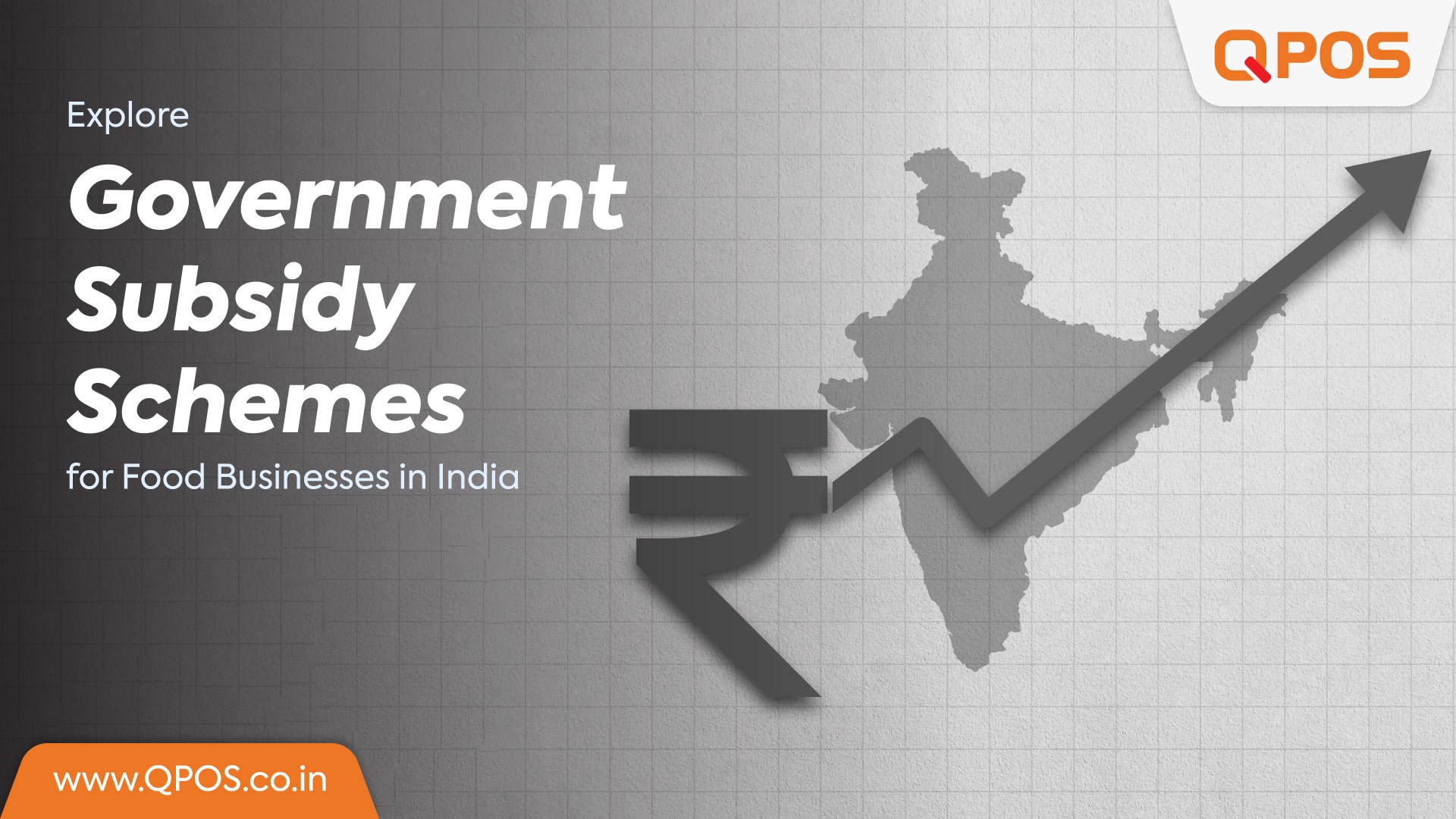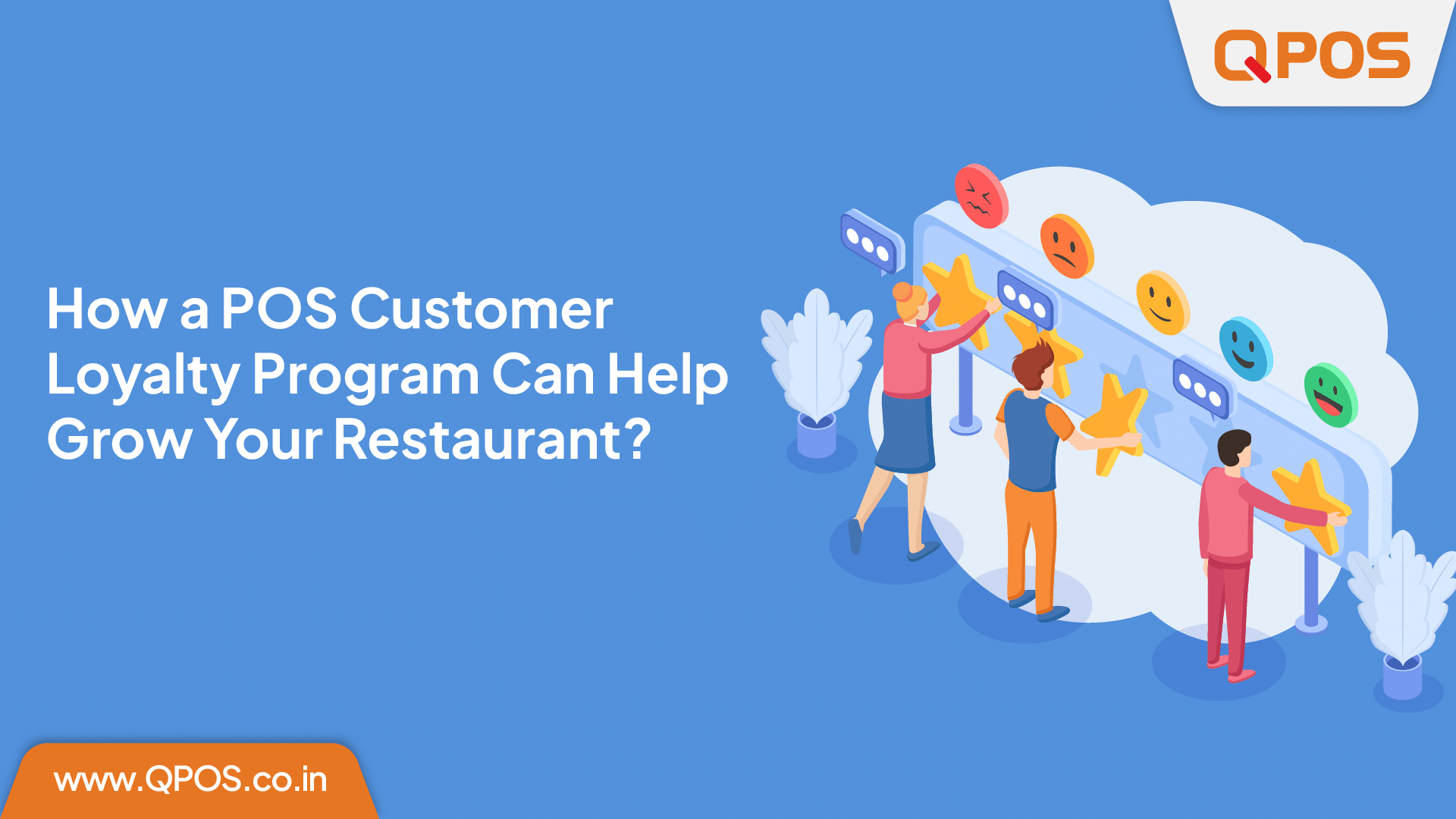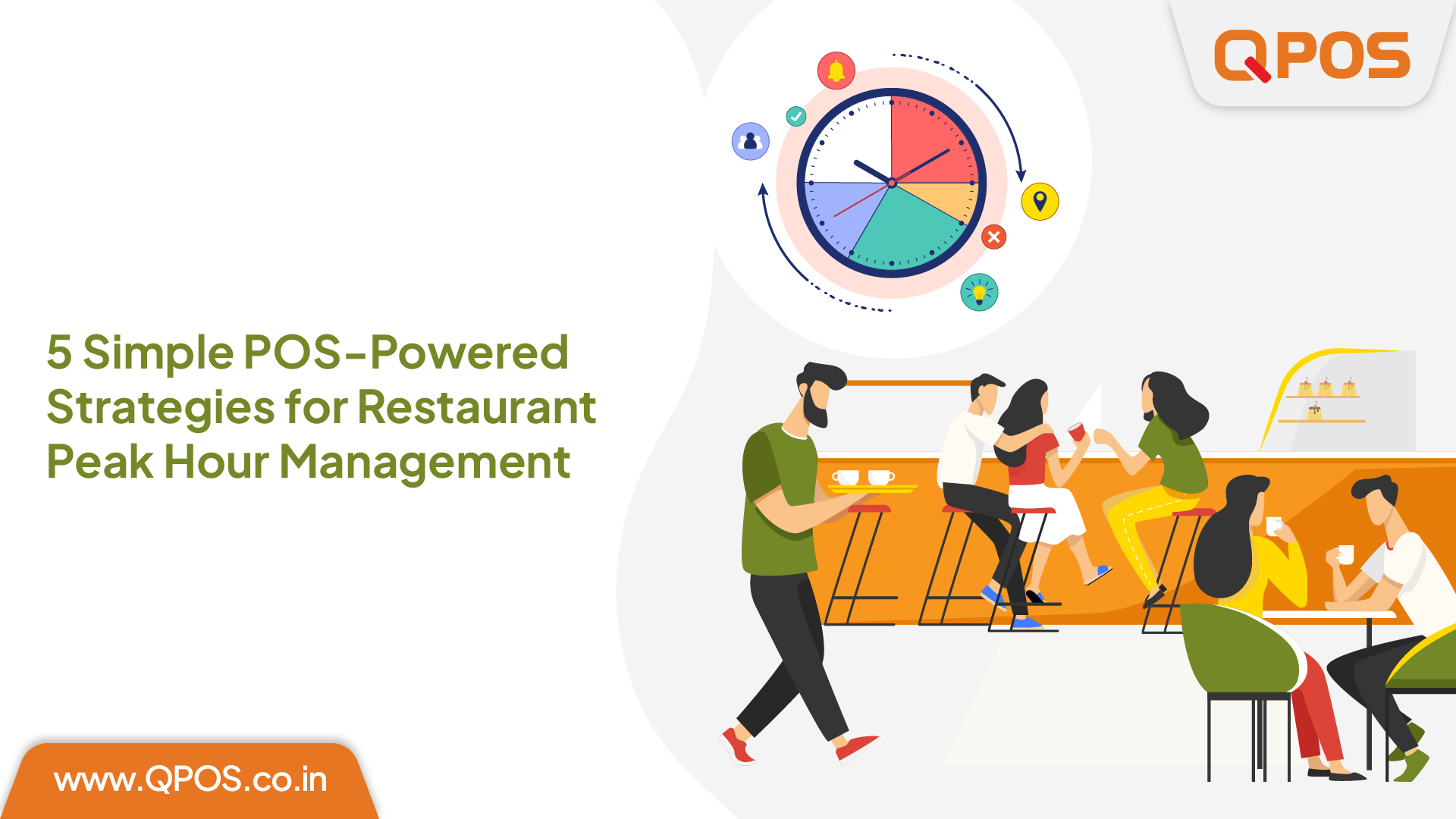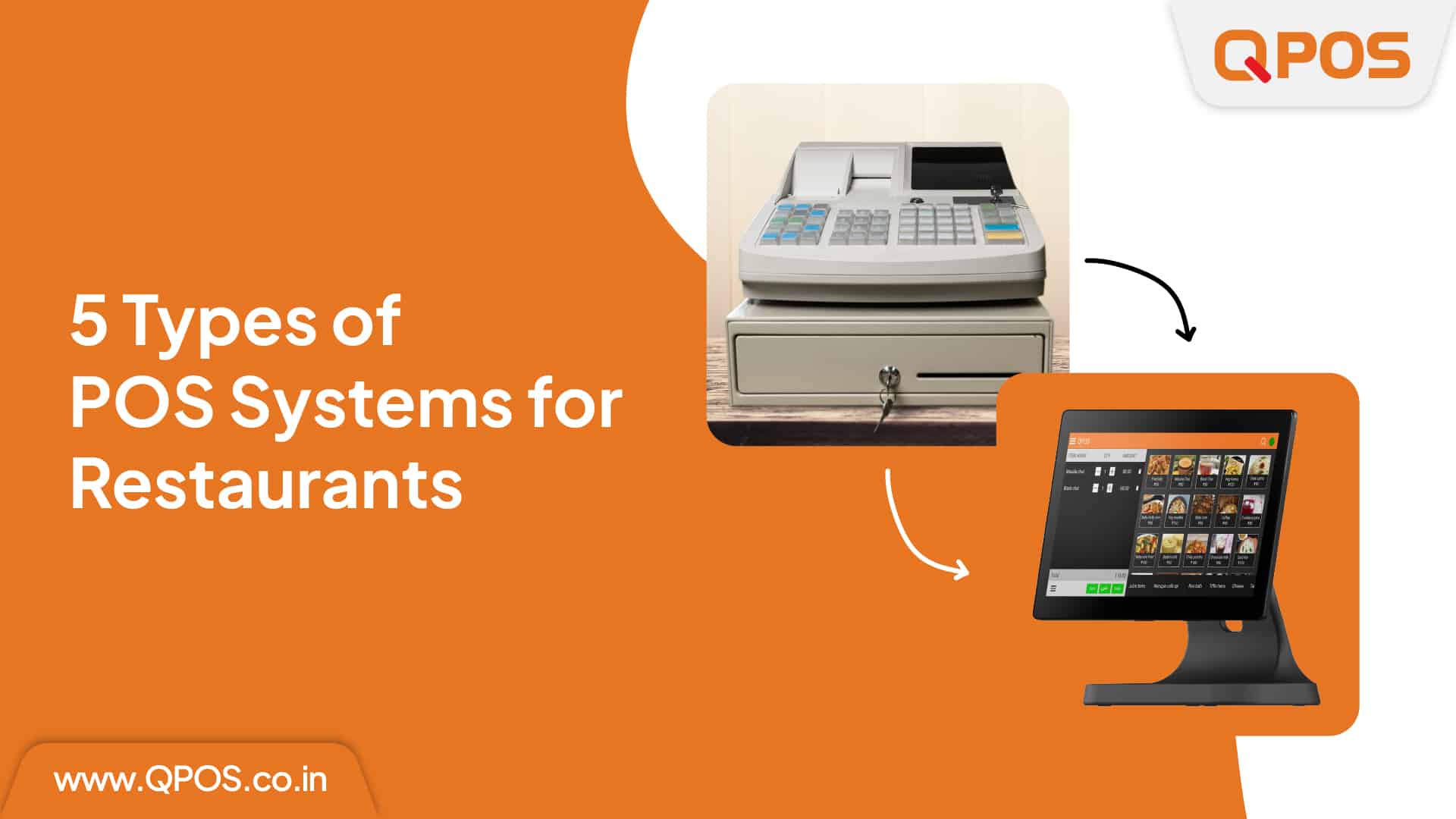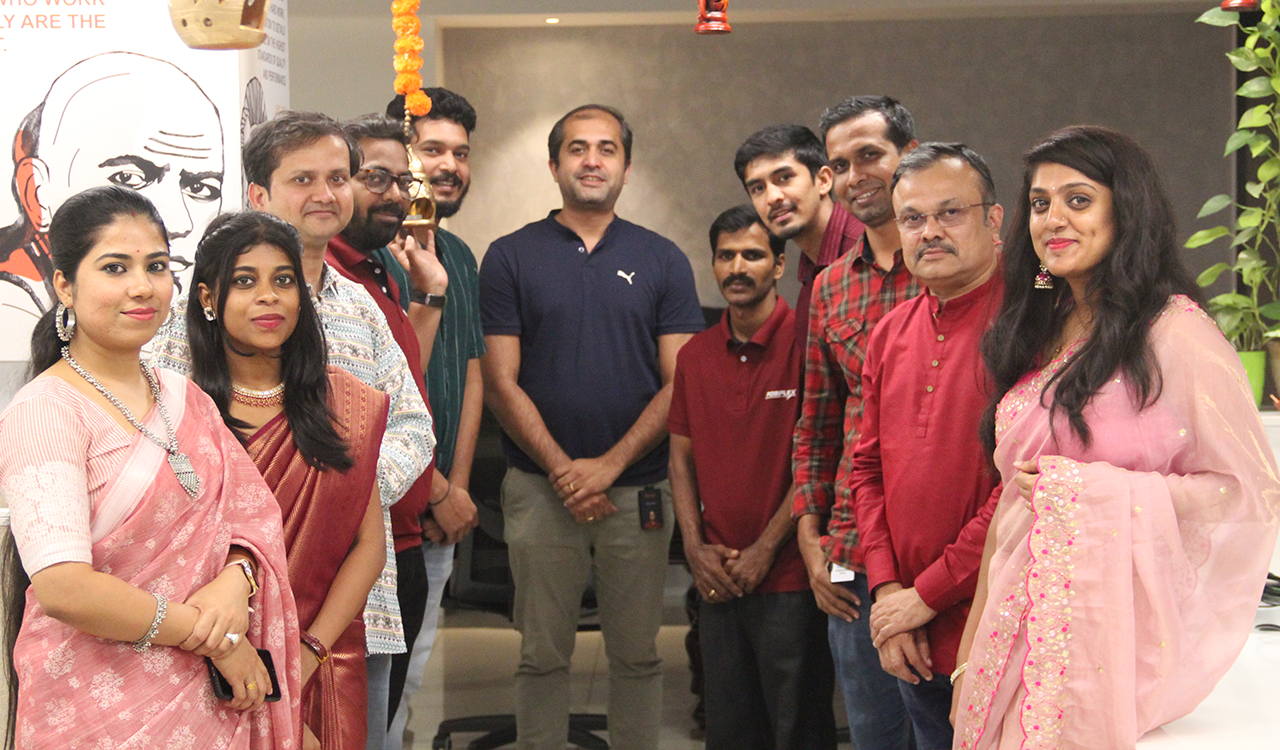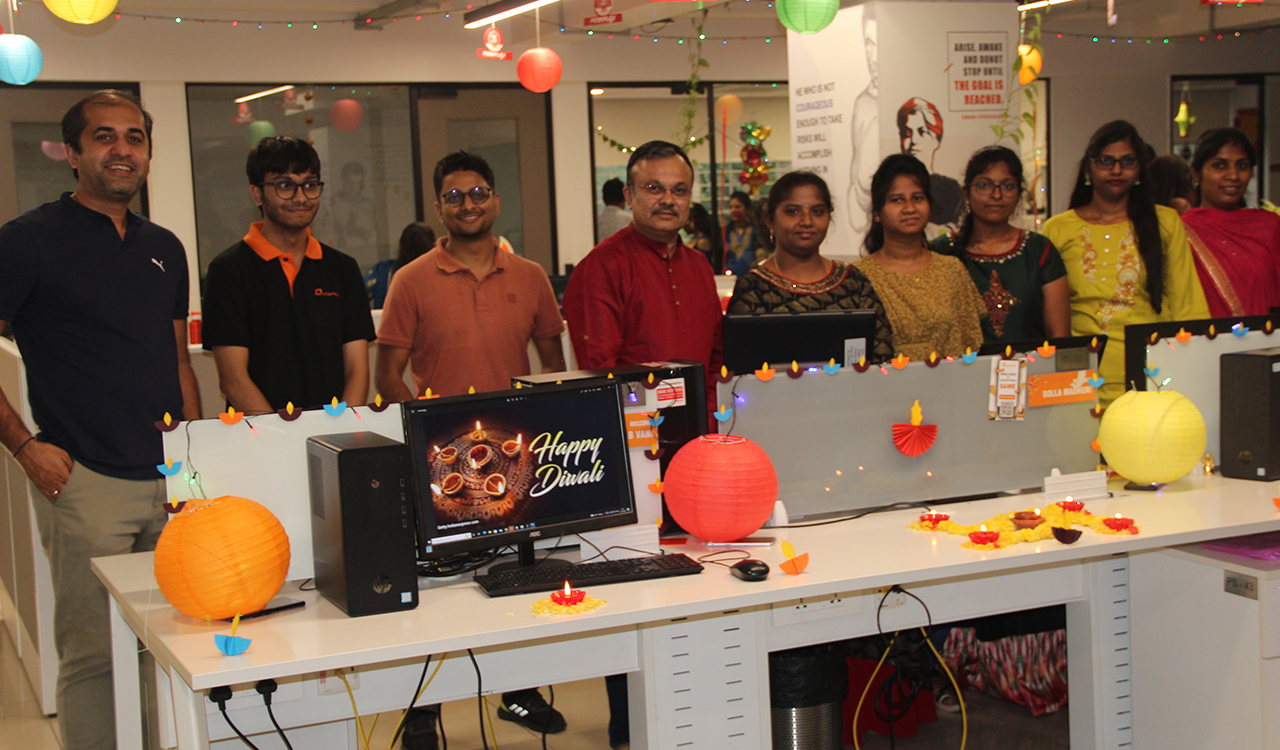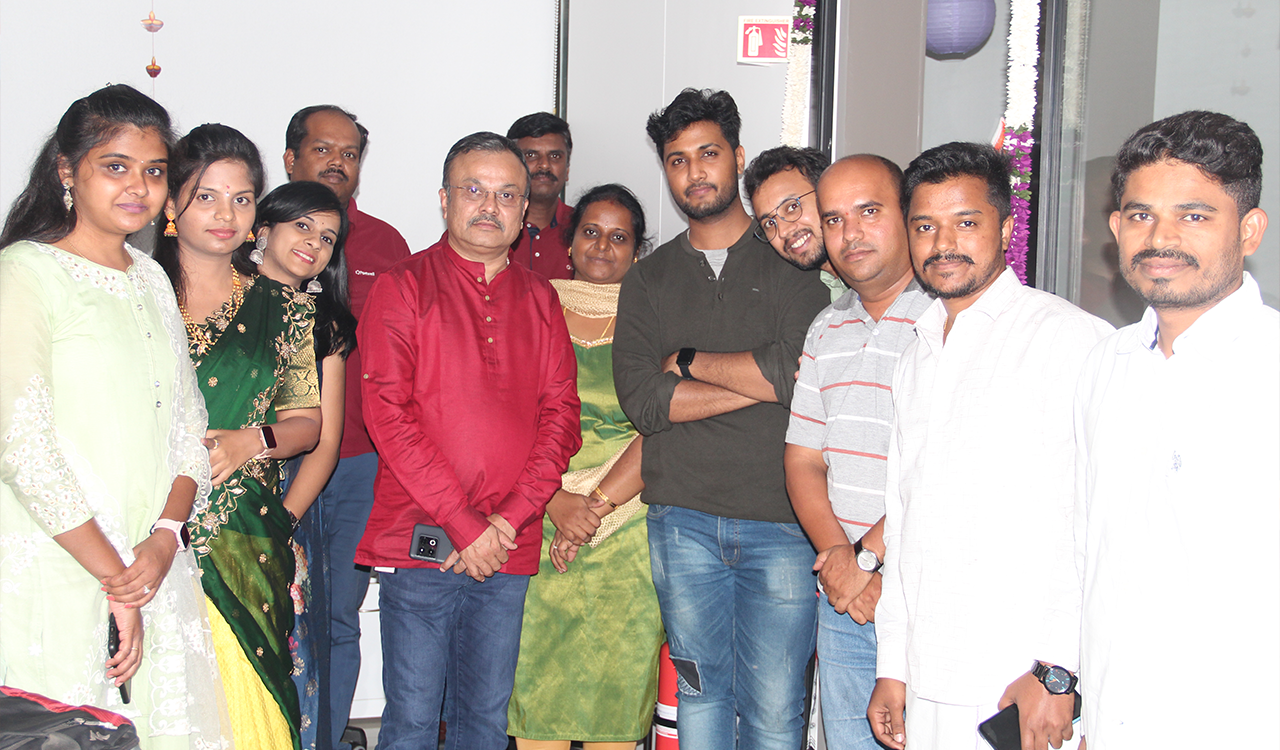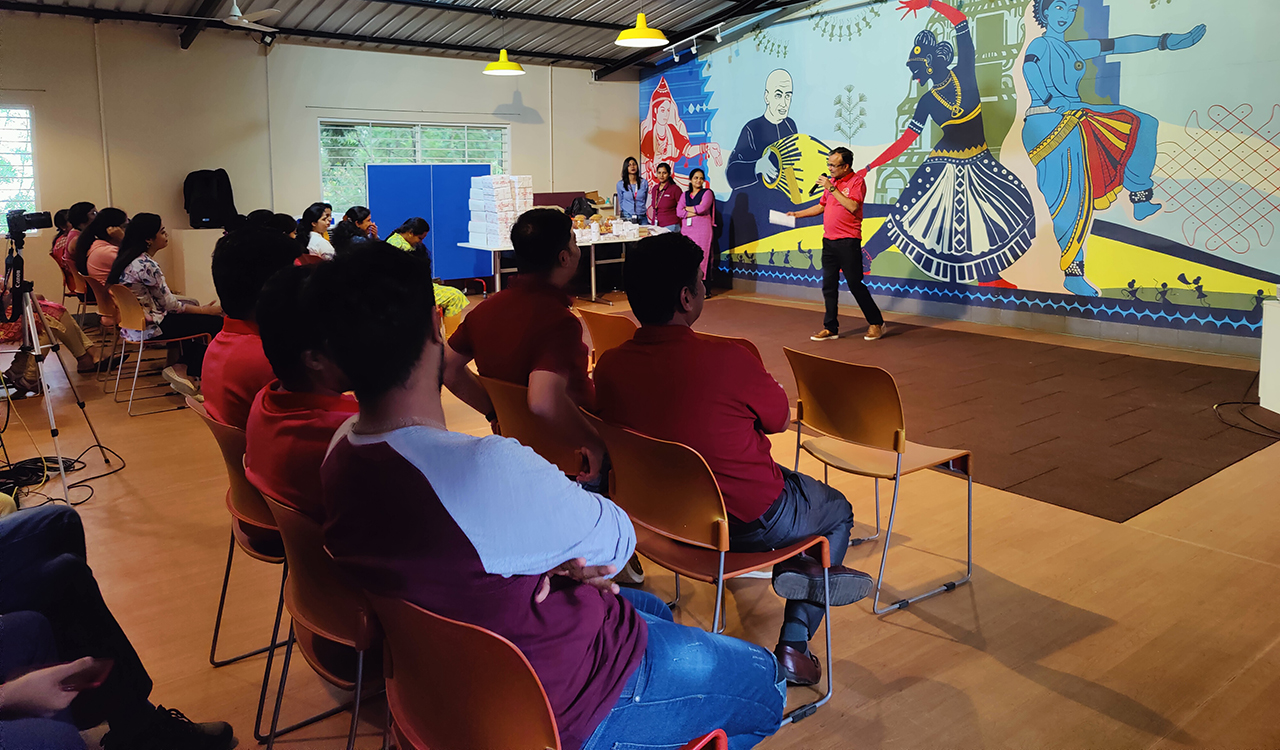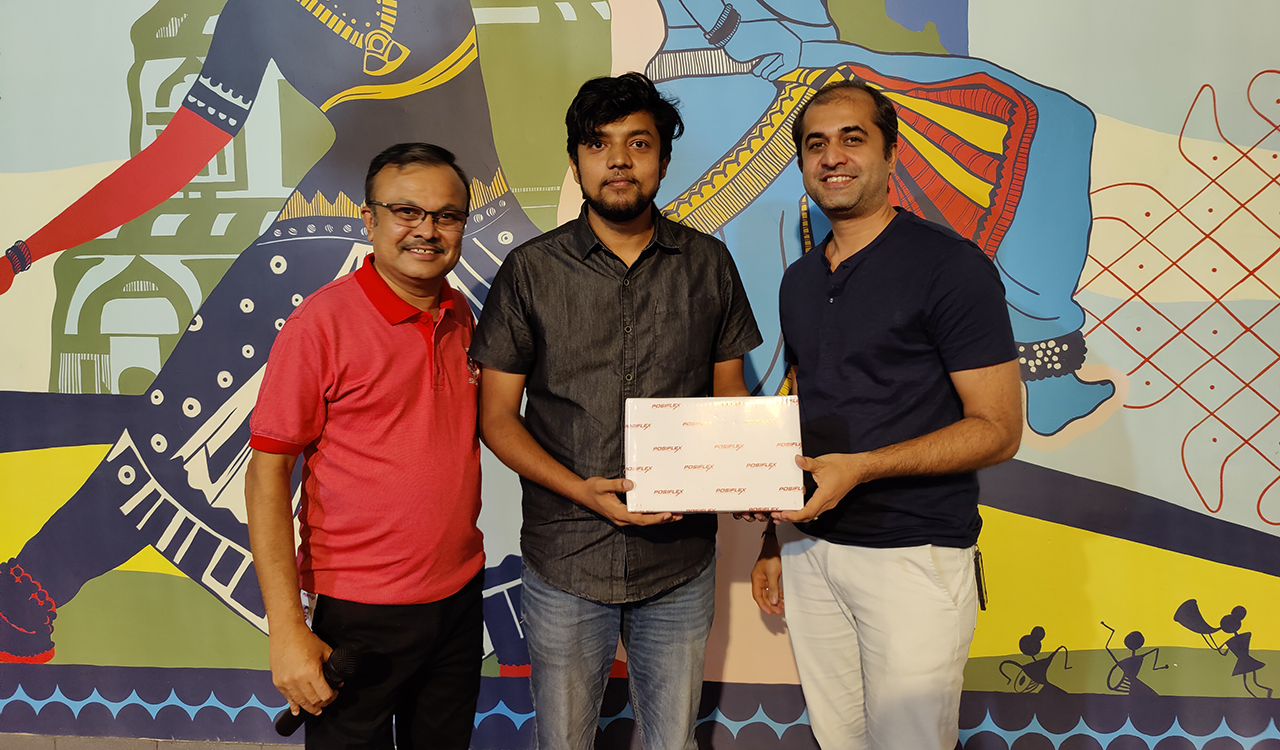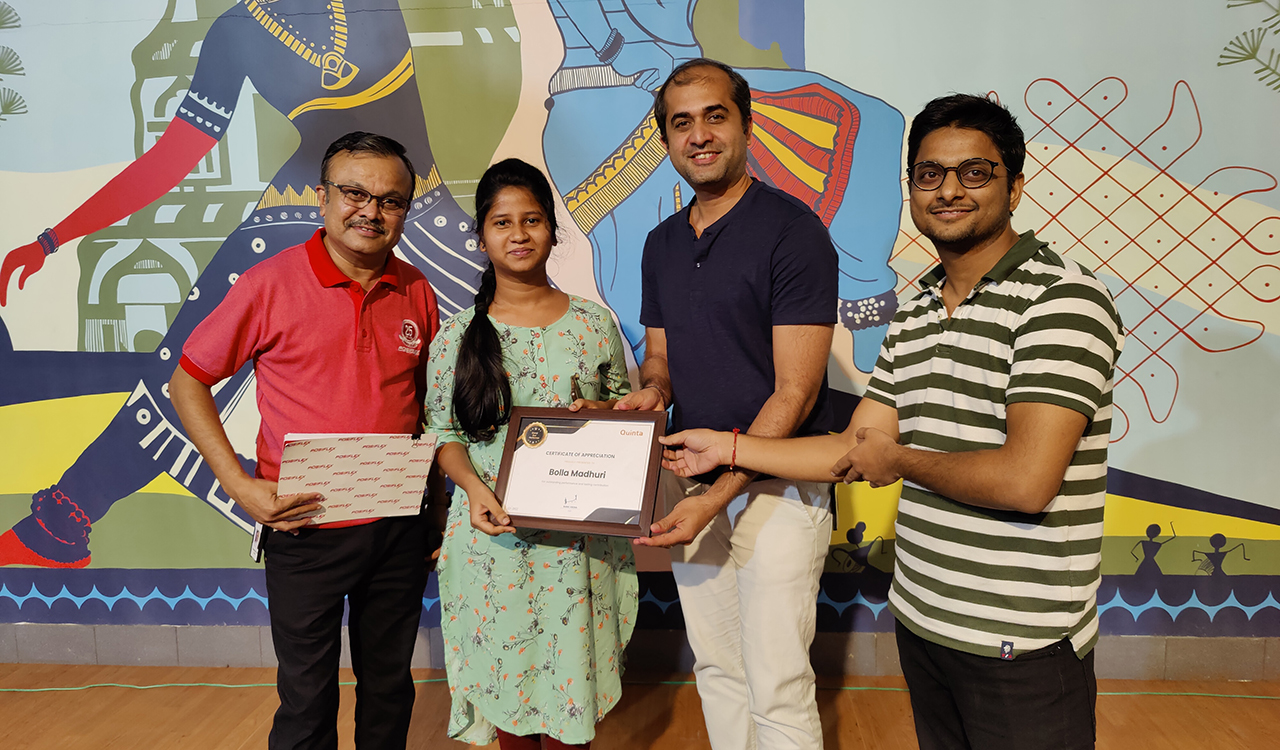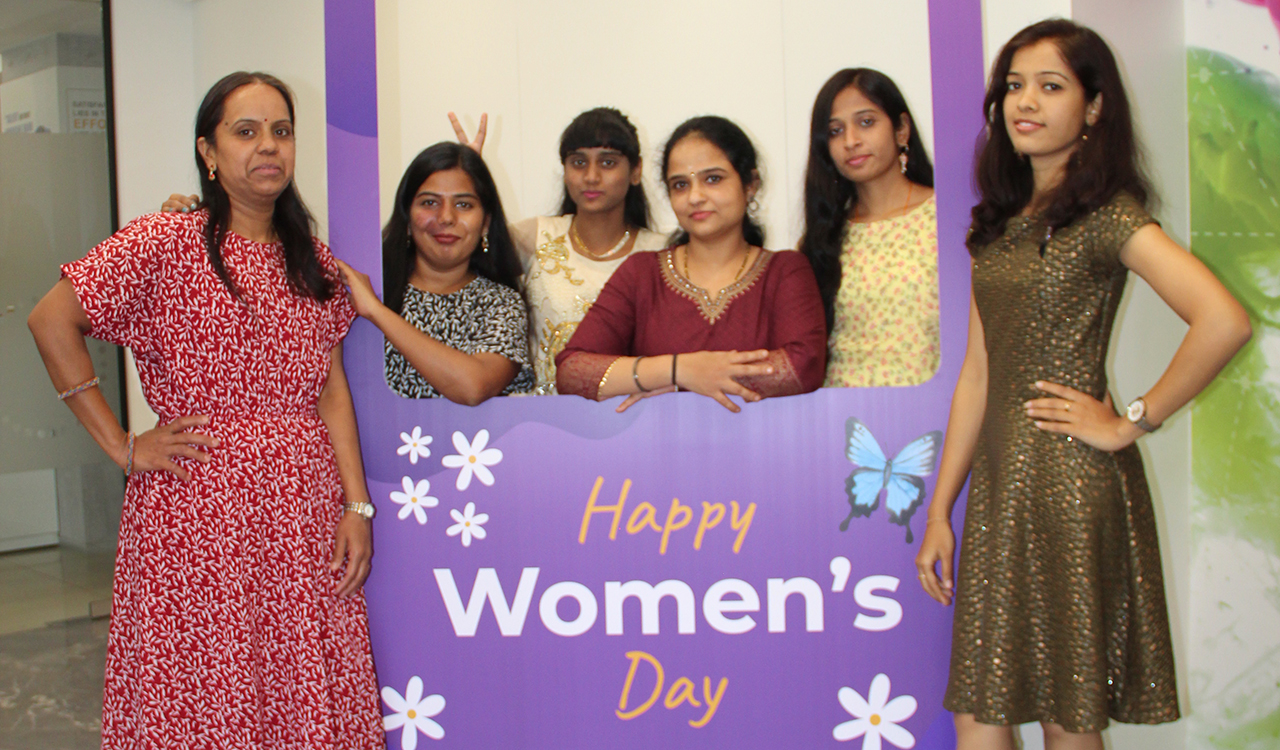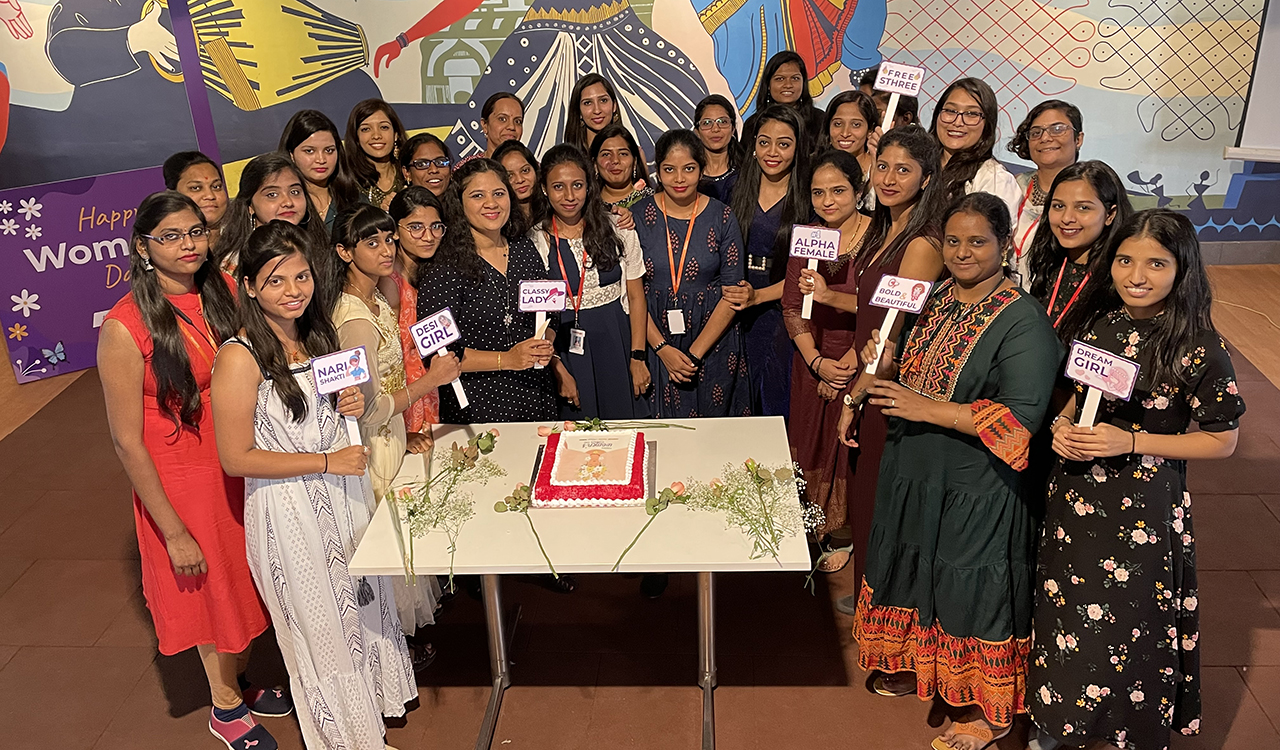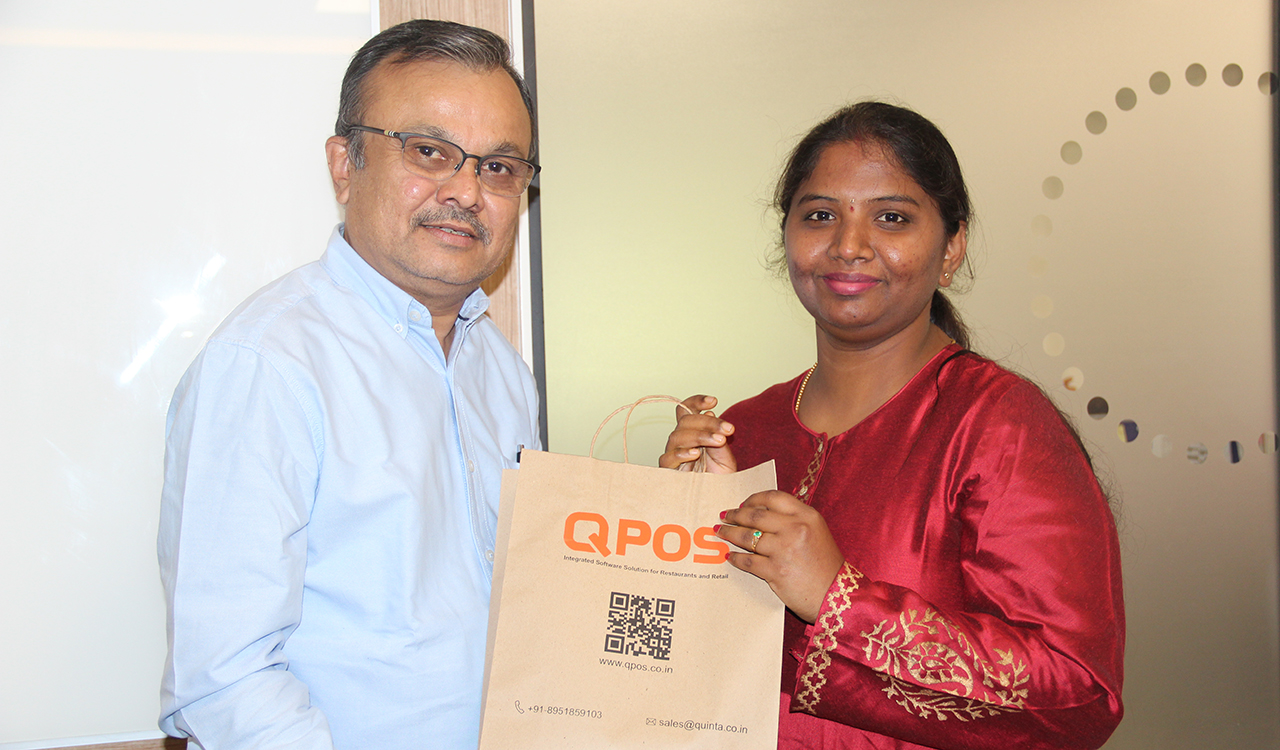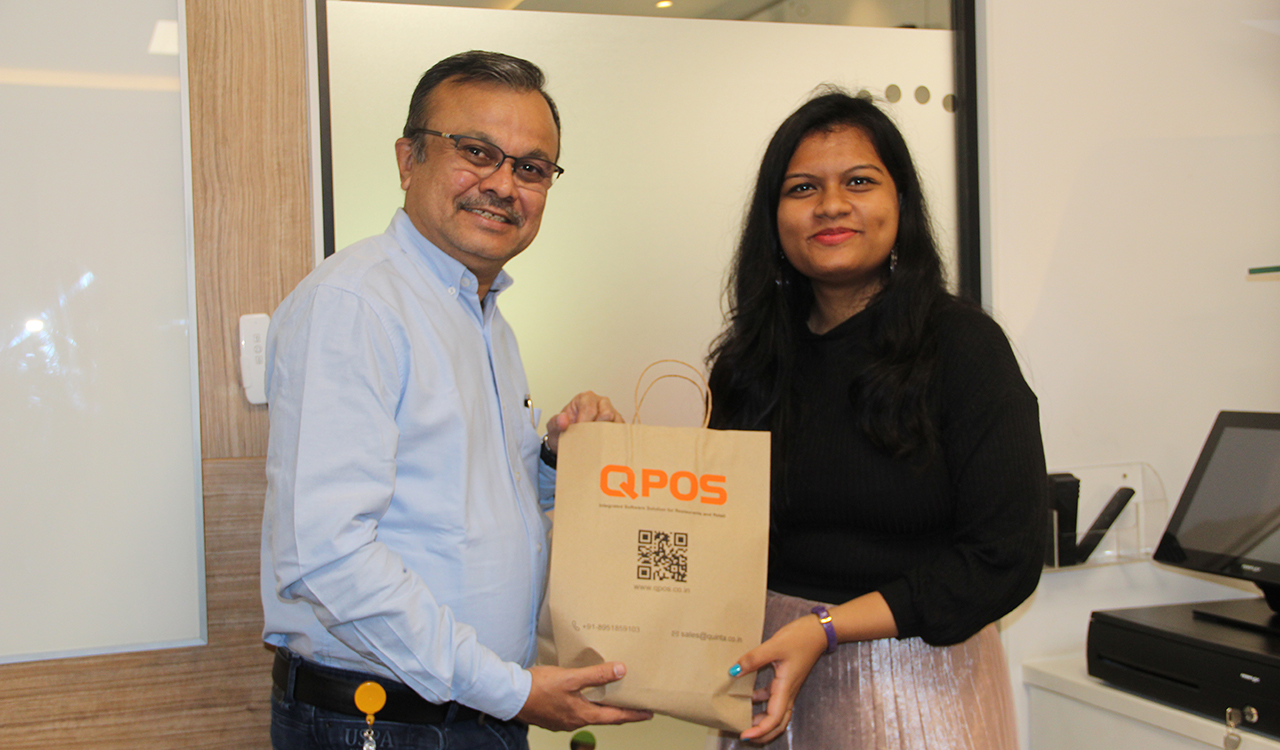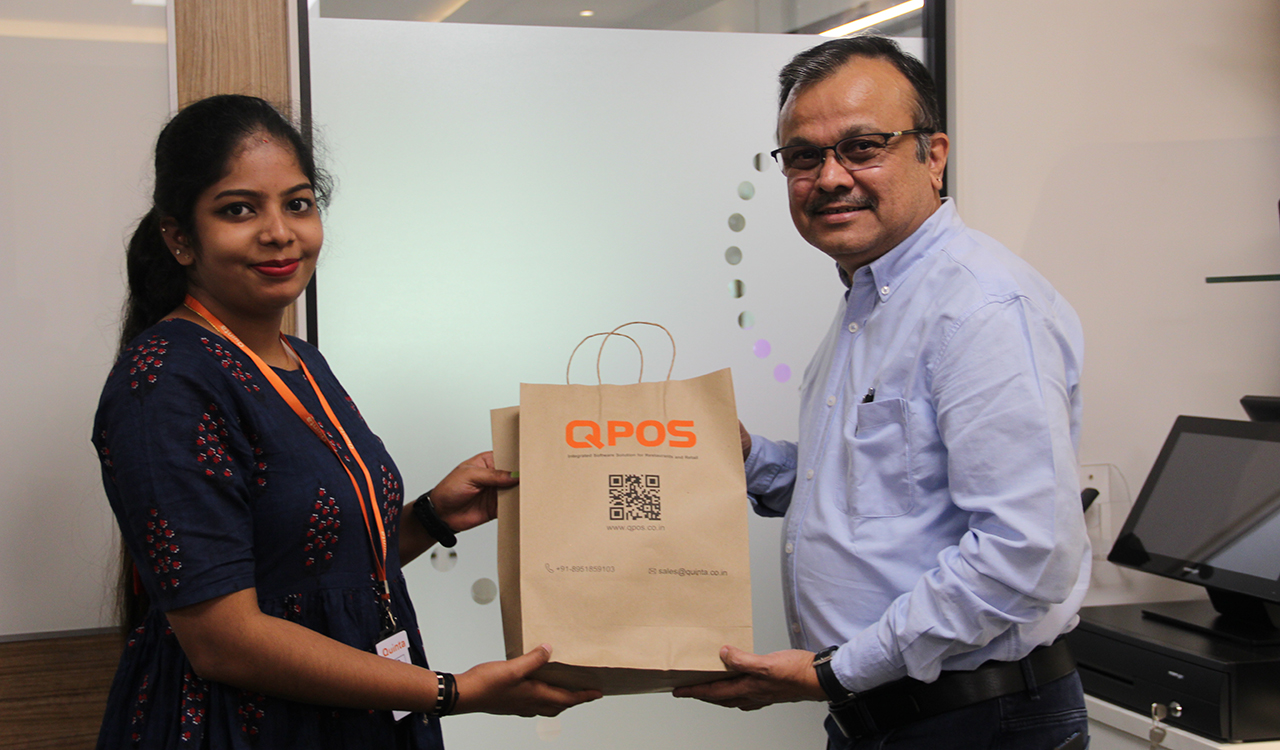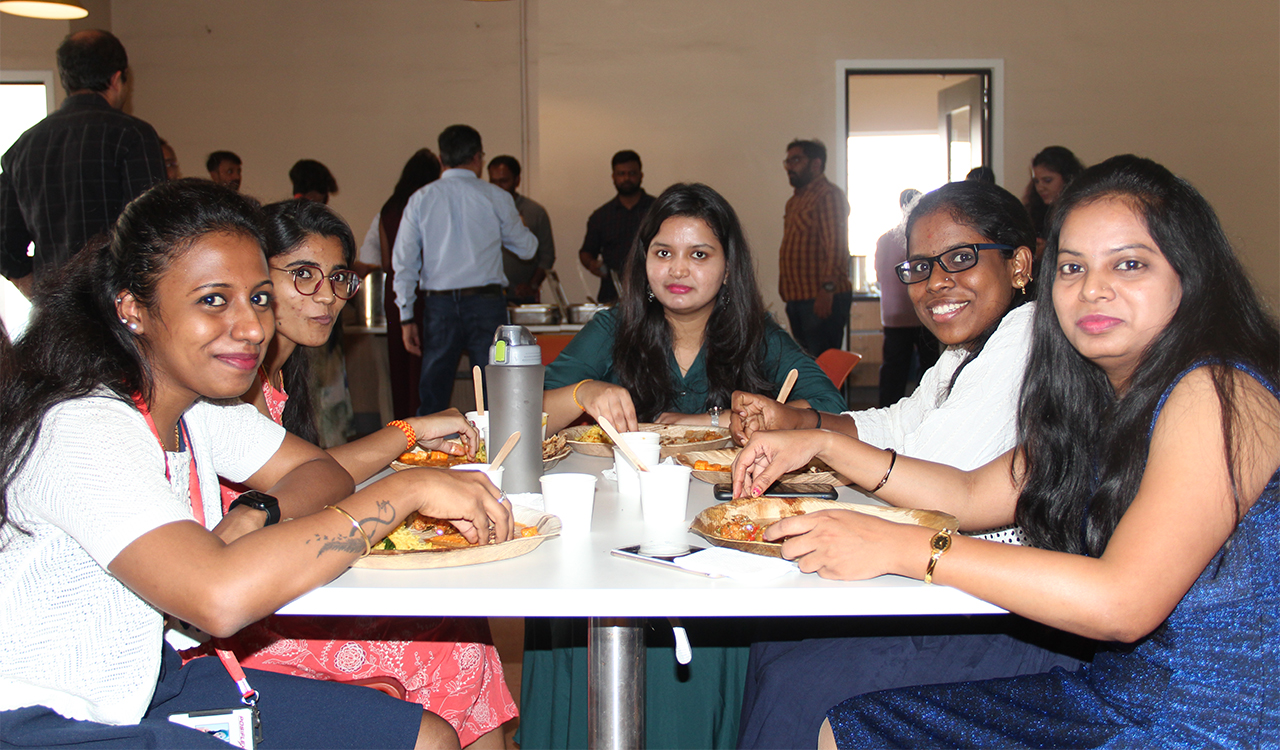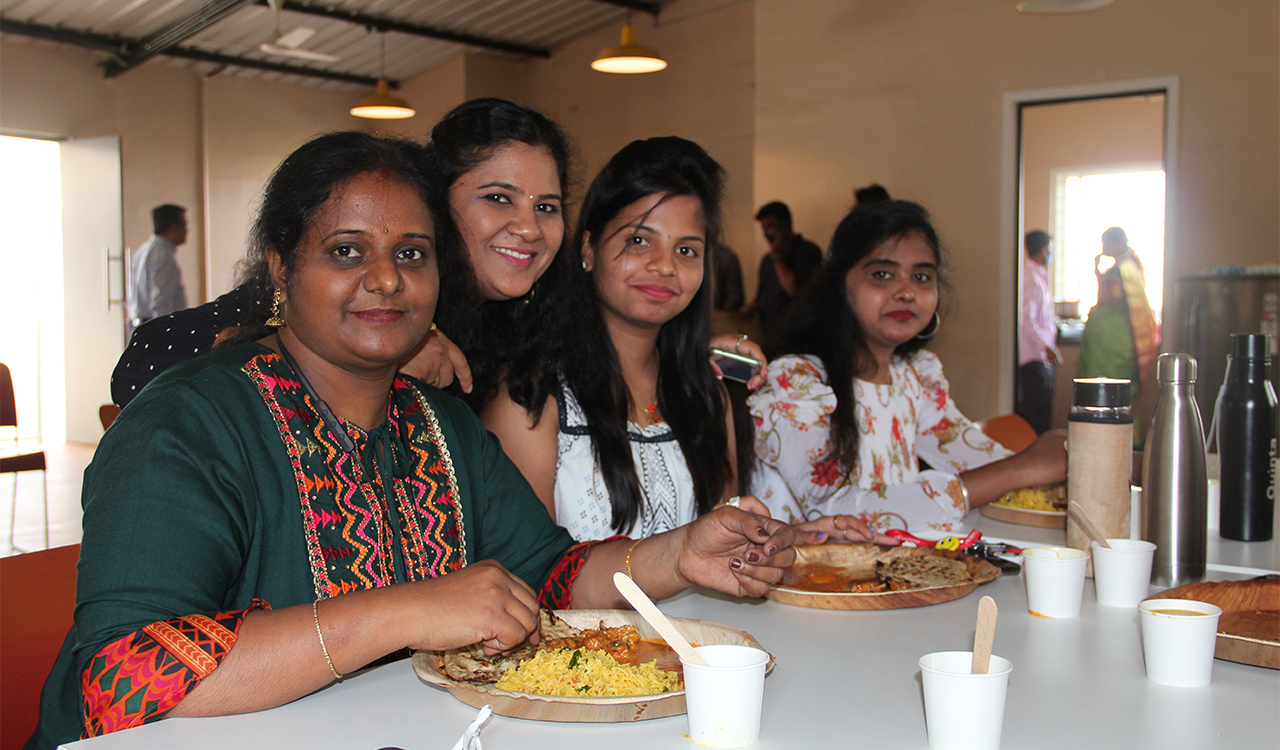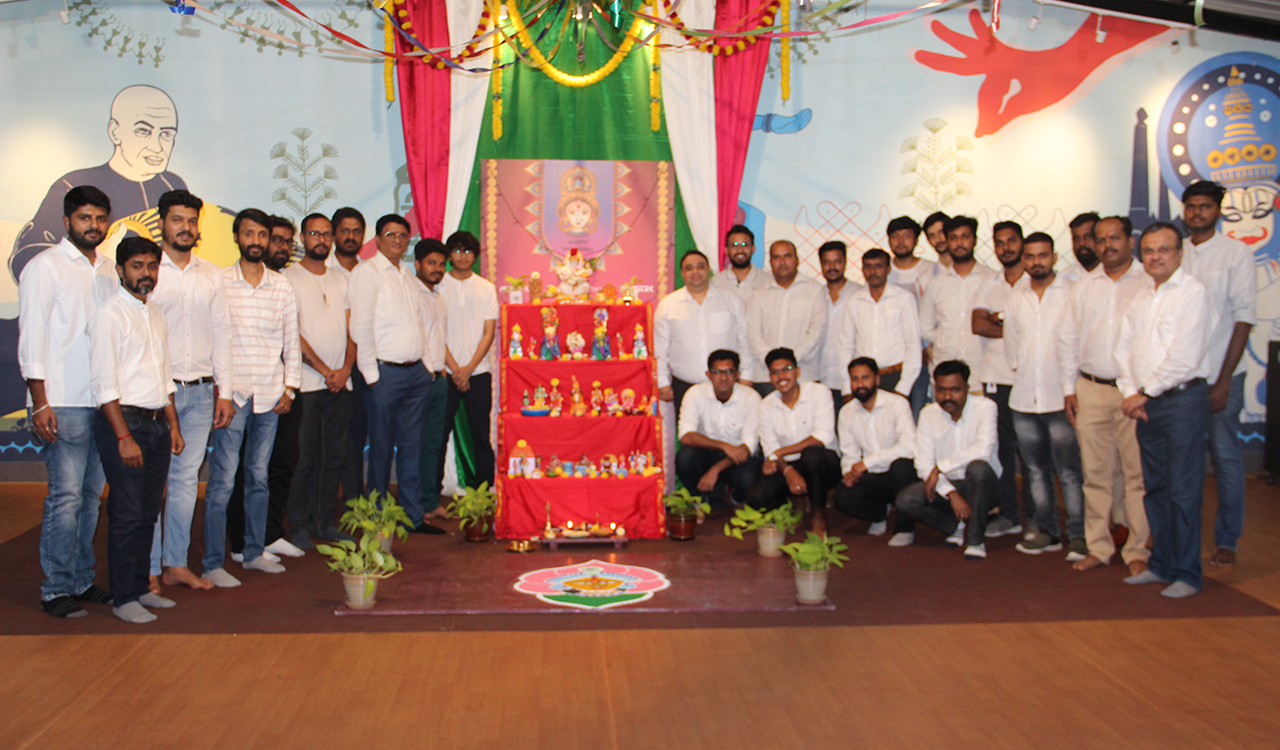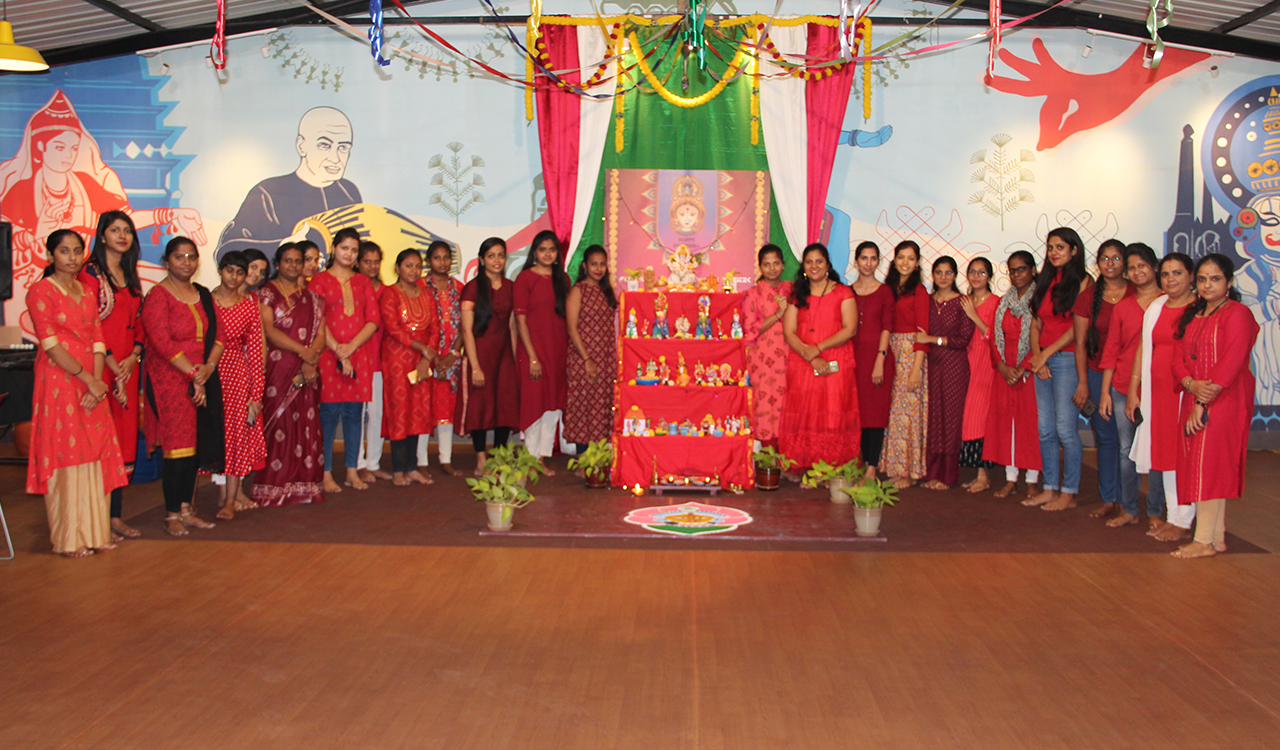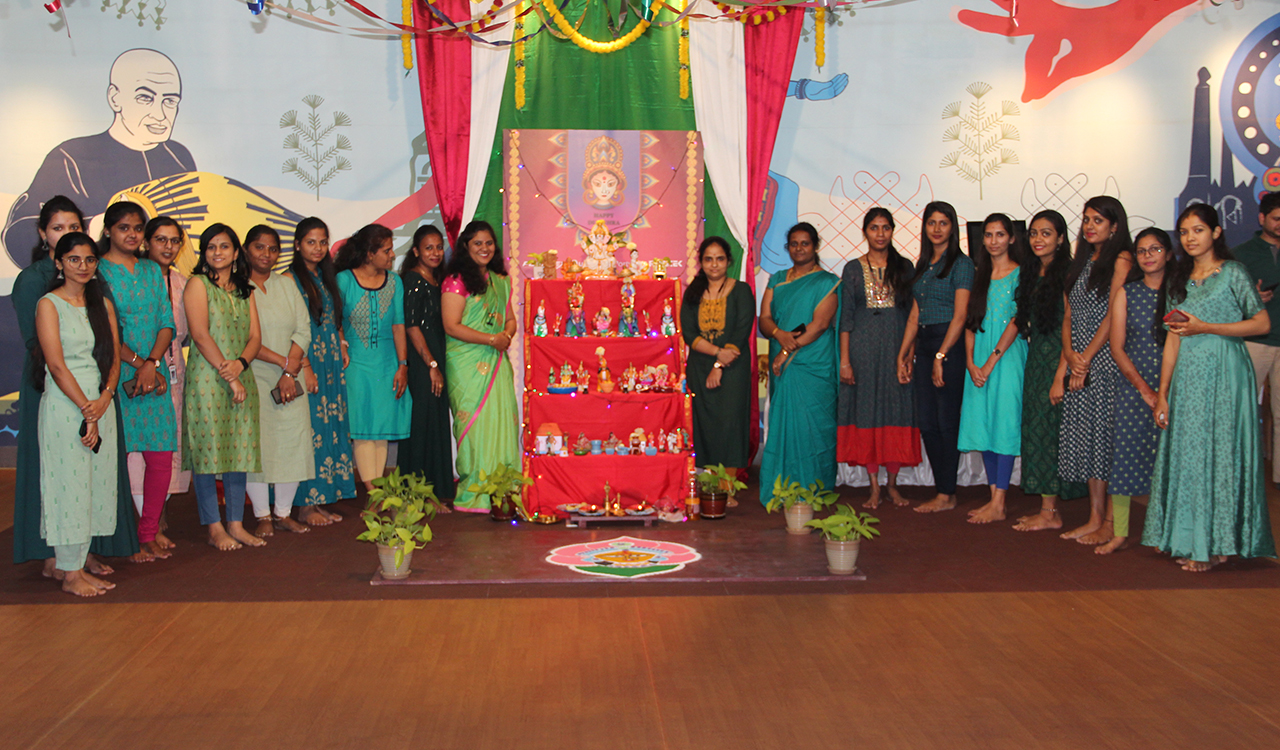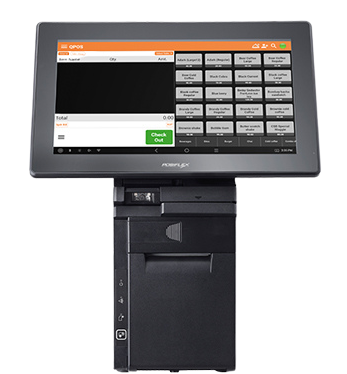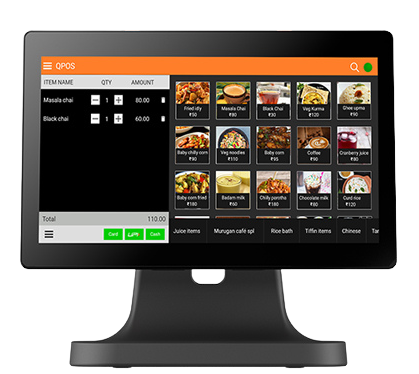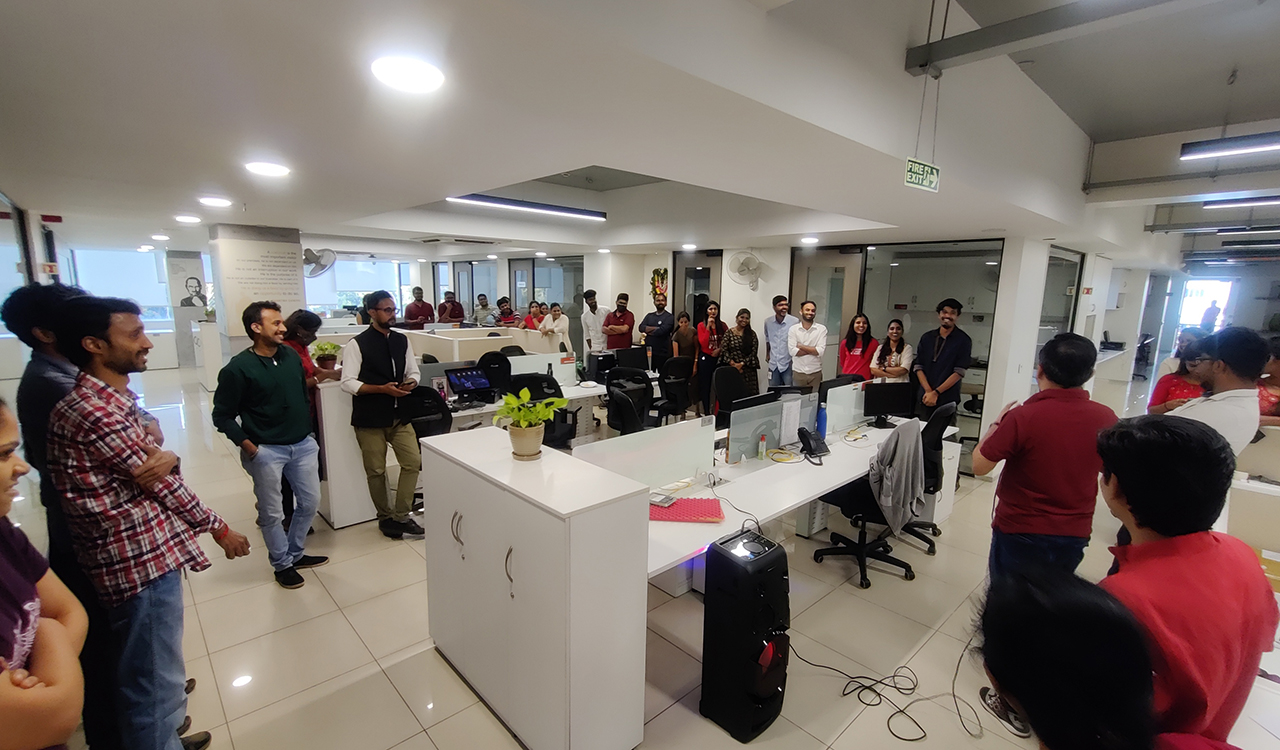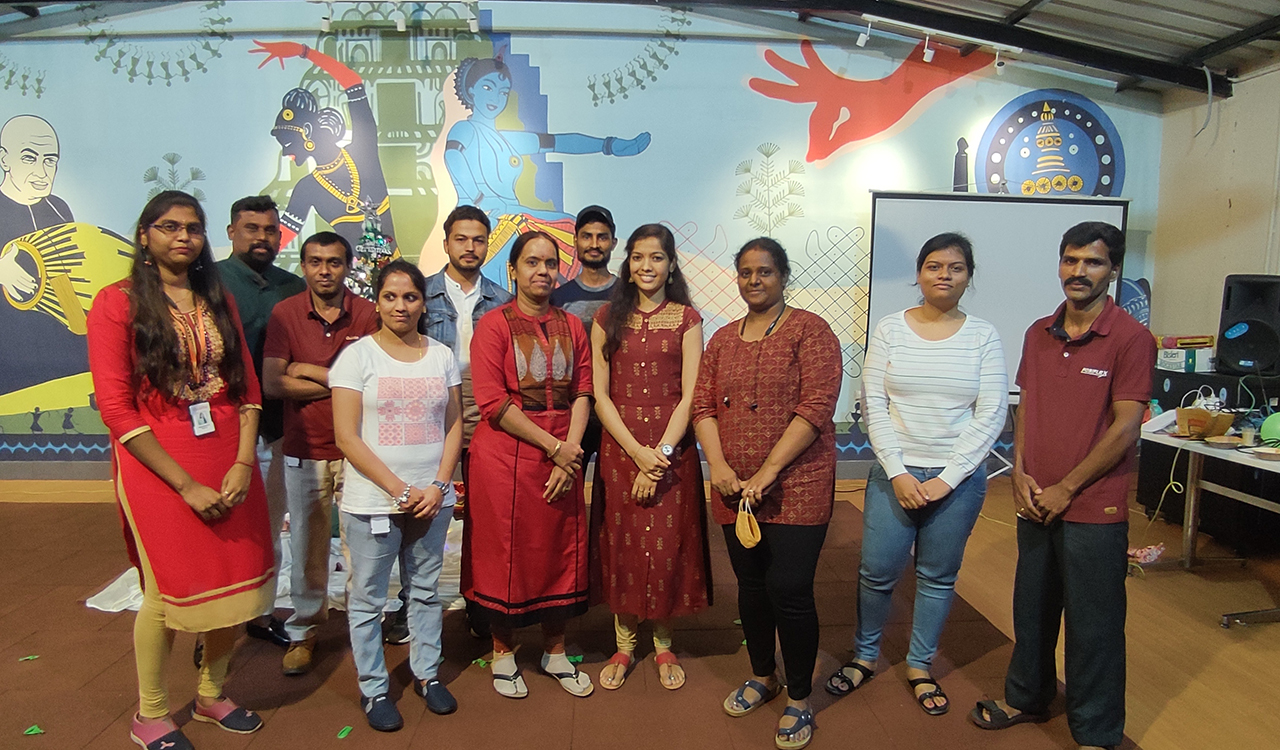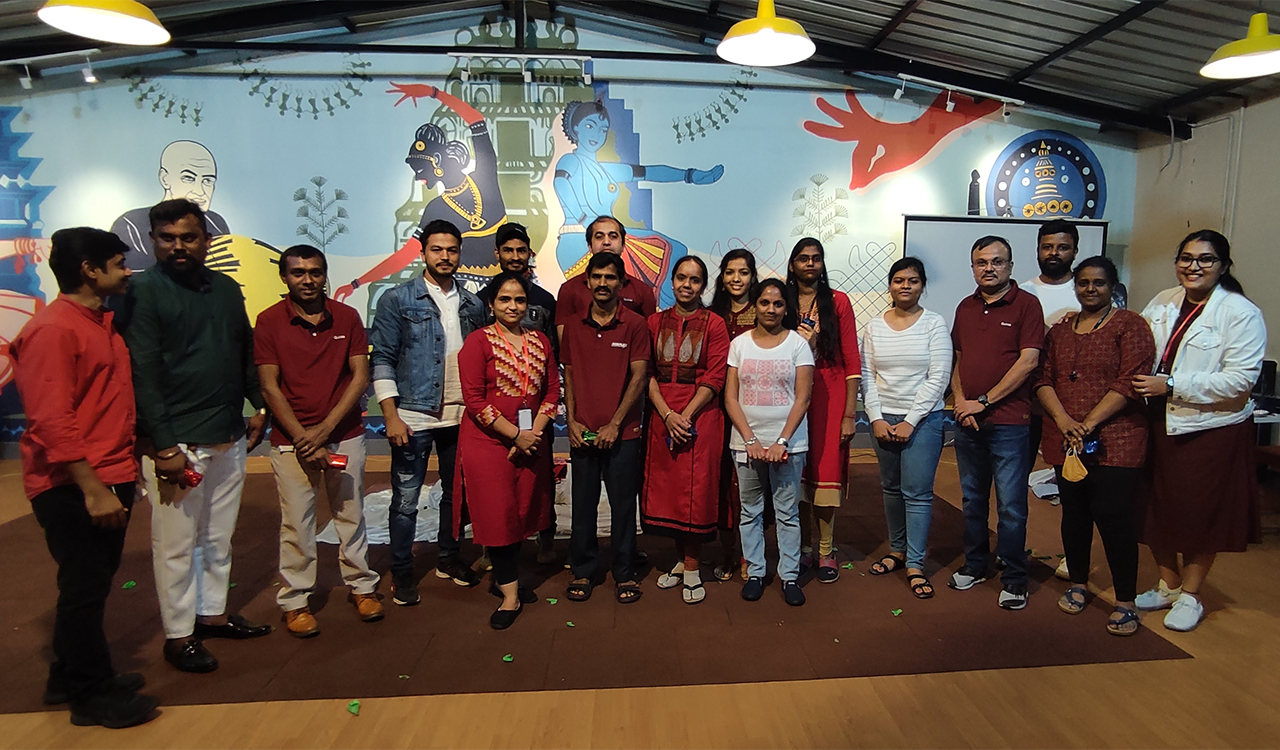Explore Government Subsidy Schemes for Food Businesses in India
Starting your food business in India is undoubtedly exciting. But, let’s face it – financial hurdles may kill your enthusiasm. Yet, it doesn’t have to be this way.
Different countries offer subsidy programs to help young entrepreneurs start their businesses; so does the Indian government. India has a competitive advantage when it comes to resources and a large domestic market.
To further expand these opportunities and promote Indian brands, the government offers subsidies to ease financial issues.
If you wish to give meaning to your culinary passion, having enough funds is a critical edge. So, let’s learn about these programs. We’ll also explore how to apply for government subsidy schemes for food business in India.
Top Government Subsidy Schemes for Food Businesses in India
Small-scale industries, especially MSMEs (micro, small, and medium enterprises), can benefit from the following subsidy schemes launched to promote growth.
Production Linked Incentive Scheme for Food Processing Industry (PLISFPI)
The PLISFPI scheme is a Central Sector initiative to support the Indian food processing sector. It has a big fund of Rs 10,900 crore to support companies dealing with food products like ready-to-eat foods, fruits, vegetables, marine products, and cheese.
If a business invests in machinery and meets certain sales targets, it can get incentives for six years. The scheme also encourages companies to promote their brands in foreign countries.
National Horticulture Board (NHB) Subsidy
Under this scheme, NHB offers financial help for building, expanding, and upgrading cold storage for fruits and veggies. The cold storage setup can range between 5000 MT and 10,000 MT.
This scheme is best for monetary support if you need to store horticulture products and want to improve your storage. To apply for this credit-linked scheme, visit the website and complete the application form online.
Credit-Linked Capital Subsidy Scheme for Technology Upgradation (CLCSS)
The CLCSS scheme helps small businesses upgrade their technology. It gives a 15% subsidy to reduce the cost of improving processes and machinery. Different businesses can apply for this subsidy, including sole proprietorships, partnerships, cooperatives, and private or public limited companies.
Venture Capital by SIDBI Venture Capital Ltd. (SVLC)
SIDBI supports MSMEs through funds. Small and medium businesses can apply for funds and get an investment of Rs 5 to 25 crore. However, the MSME Udyog Aadhaar registration is a must to qualify for it.
Technology Upgradation and Quality Certification
The Ministry of MSME offers finances to businesses in the ZED Certification Scheme. The scheme backs Make in India efforts. This subsidy scheme aims to help businesses reduce waste, boost productivity, and grow their presence.
All small manufacturing businesses with a Udyog Aadhaar Memorandum can apply.
Pradhan Mantri Kaushal Vikas Yojana (PMKVY)
PMKVY scheme helps you by covering the costs of your training and assessment. The amount you get depends on your skill level, following the National Skills Qualification Framework.
Besides teaching specific skills, the training centers also focus on soft skills, entrepreneurship, and important life skills like financial and digital literacy.
Final Thoughts
Now you know about the different subsidy schemes for food businesses. Hope you’ve also got the answer to – how to apply for government subsidy schemes for food business in India.
Consider the above schemes and choose the best subsidy for your food business. But, this needs careful planning and understanding of your investment requirements. Use financial tools like a restaurant POS machine to organise and prepare all the necessary financial data for analysis.
Brands like QPOS offer capabilities and features that provide real-time reports for informed decision-making.
Posted on : 22-03-2024

